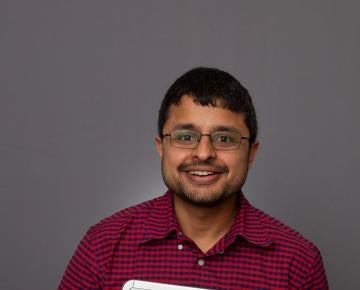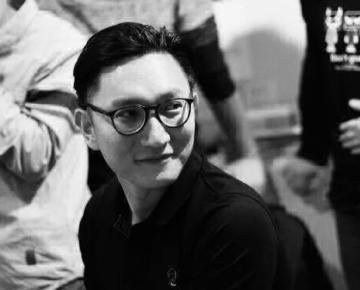Socio-technical systems are all around us as the environment in which we generate information about ourselves, share that information, and use digital goods and services. These systems have dramatically changed the way we interact with each other, engage in commerce, and share knowledge. They create a new opportunity to understand social systems and human nature at unprecedented scale, which is at the heart of research conducted in this area.
- AI, Natural Language Processing, and Machine Learning
- Archives and Library Sciences
- Biomedical and Clinical Applications
- Computer Systems Organization
- Cyberphysical Systems and IoT
- Cybersecurity and Privacy
- Databases and Data Management
- Distributed Systems
- Educational Technologies
- Ethics and Community Engagement
- Human-AI, Human-Robot, and Human-Agent Interaction
- Networks
- Public Sector and Civic Engagement
- Quantum Computing
- Scholarly Information Sharing, Data Practices, & Technical Standards
- Smart Buildings, Cities, and Transportation Systems
- Social Computing and Socio-technical Systems
- Sustainability
- User Experience Design and User-Centered Systems
Want to Learn More about SCI's Research?
Check out the most recent grants, research profiles, and more in our Research news section.











